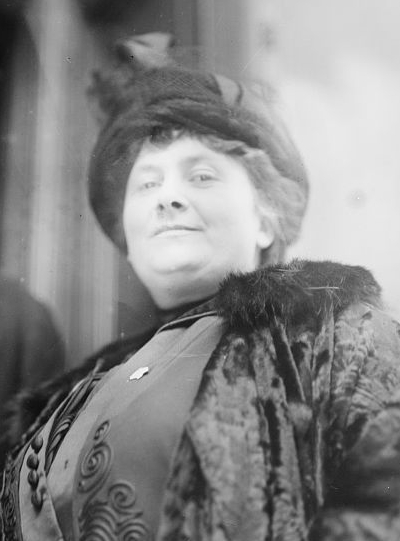 In 1896, Maria Montessori gave a lecture at the Educational Congress in Torino about the training of the disabled. The Italian Minister of Education was in attendance, and was impressed by her arguments sufficiently to appoint her the same year as director of the Scuola Ortofrenica, an institution devoted to the care and education of the mentally retarded. She accepted, in order to put her theories to proof. Her first notable success was to have several of her 8 year old students apply to take the State examinations for reading and writing. The “defective” children not only passed, but had above-average scores, an achievement described as “the first Montessori miracle.” Montessori’s response to their success was “if mentally disabled children could be brought to the level of normal children then (she) wanted to study the potential of ‘normal’ children”.
In 1896, Maria Montessori gave a lecture at the Educational Congress in Torino about the training of the disabled. The Italian Minister of Education was in attendance, and was impressed by her arguments sufficiently to appoint her the same year as director of the Scuola Ortofrenica, an institution devoted to the care and education of the mentally retarded. She accepted, in order to put her theories to proof. Her first notable success was to have several of her 8 year old students apply to take the State examinations for reading and writing. The “defective” children not only passed, but had above-average scores, an achievement described as “the first Montessori miracle.” Montessori’s response to their success was “if mentally disabled children could be brought to the level of normal children then (she) wanted to study the potential of ‘normal’ children”.
She believed:
Scientific observation has established that education is not what the teacher gives; education is a natural process spontaneously carried out by the human individual, and is acquired not by listening to words but by experiences upon the environment. The task of the teacher becomes that of preparing a series of motives of cultural activity, spread over a specially prepared environment, and then refraining from obtrusive interference. Human teachers can only help the great work that is being done, as servants help the master. Doing so, they will be witnesses to the unfolding of the human soul and to the rising of a New Man who will not be a victim of events, but will have the clarity of vision to direct and shape the future of human society.
Montessori’s method emphasizes learning through all five senses, not just through listening, watching, or reading. Children learn at their own, individual pace and according to their own choice of activities. Learning is a process of discovery, leading to concentration, motivation, self-discipline, and a love of learning. Montessori classes typically place children in three-year age groups (3-6, 6-9, 9-12, and so on), forming communities in which the older children spontaneously share their knowledge with the younger ones.